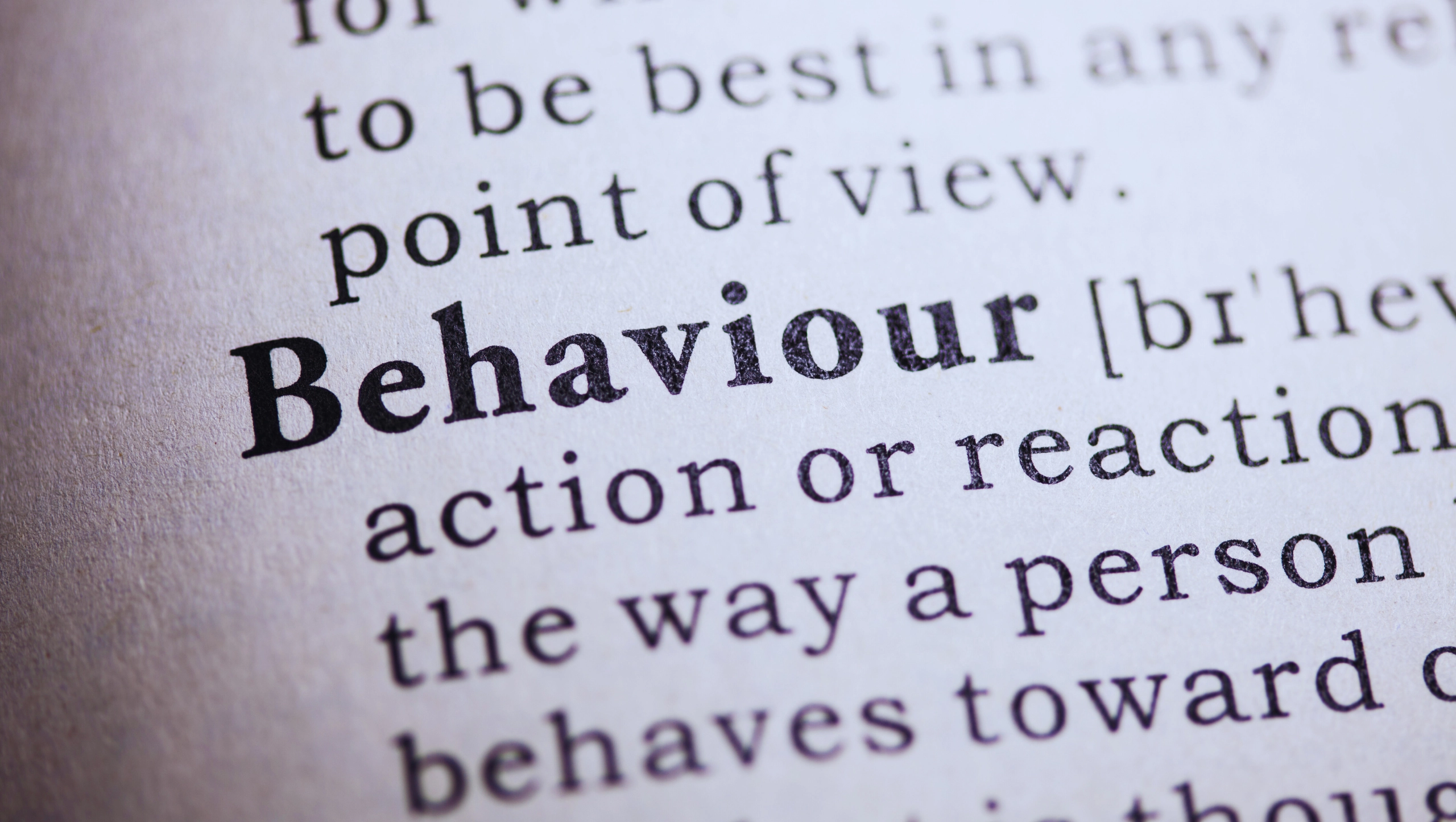In any workplace, behaviour and morals form the foundation of a respectful, productive, and collaborative environment. Every employee, regardless of role or seniority, contributes to the overall morale and culture of the team. While it’s natural for individuals to have off days or go through personal struggles, it’s important to manage those feelings responsibly and not let them negatively affect others.
Professionalism means showing up and doing your best, even when you don’t feel your best. That doesn’t mean hiding emotions or pretending everything is fine—but it does mean being self-aware and considerate of how your actions and attitude impact your colleagues. Everyone has moments of stress, frustration, or sadness, but when those emotions turn into negativity, rudeness, or disengagement, they can drag down team morale and productivity.
Morally, we have a duty to support—not sabotage—each other. Bringing a negative attitude into the workplace can create a toxic atmosphere, discourage others, and ultimately reduce the effectiveness of the whole team. Good behaviour means treating others with respect, keeping communication open and honest, and recognizing that everyone is working toward common goals.
Instead of letting a bad day turn into a bad team experience, it’s far more powerful to take a moment to reset, speak to a manager if needed, or ask for support. Kindness, accountability, and self-regulation are all signs of strong moral character and are deeply appreciated in any work environment.
In summary, being professional means knowing how to balance your emotions with your responsibilities. We all have tough days—but how we manage them defines not just our own integrity, but the culture of the workplace we help build every day.



























